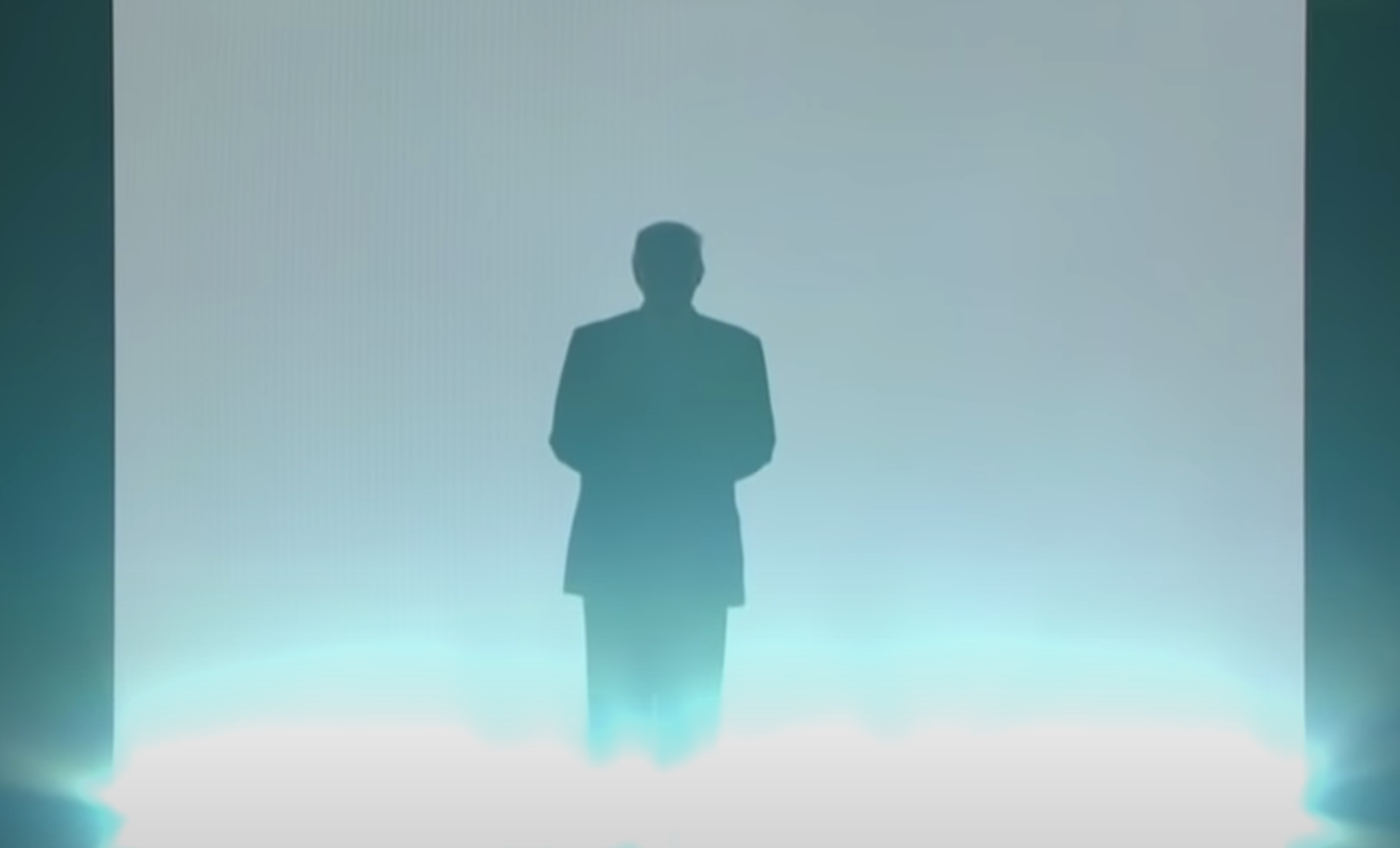The un-personing of Donald Trump by Twitter presents a strange paradox: the most powerful man in the world is simultaneously a nobody; Trump can still (we presume) destroy the entire world many times over, but he cannot speak to the nation he still leads on his chosen platform, a development he likely finds more personally catastrophic than losing the actual election.
There’s no point American conservatives whining about free speech or unfairness or hypocrisy: American politics has moved beyond such abstractions, whatever anyone involved claims to think. It’s as pointless as complaining about the dissonance between the policing and reporting of one side’s riots versus the other: each side wants their riots supported by the state, and the other side’s quashed; their own rioters handled with kid gloves, and the other side’s shot: there’s nothing deeper to it. There are now two popular factions, who hate each other and wish for the other’s total destruction: Trump and Biden are just the avatars in wrinkled flesh of the two opposing popular wills.
This Schmittian political landscape has urgent lessons for us in Europe: we need to disentangle ourselves from America’s political chaos as urgently as we do from China’s industrial and economic stranglehold. The result of the free-market ideology trading under the name ‘conservatism’ is that we have handed control of information to California’s tech oligarchs just as we have handed control of industry to the Chinese Communist Party. As America’s disorder deepens, and as the listing global hegemon enters into a deepened confrontation with its rising challenger, this dangerous and unsustainable situation will have profound and negative effects for every one of us in Europe — unless we act fast.
To this end, an important point was made by the EU’s foreign policy chief Josep Borrell Fontelles this week. The debate about European strategic autonomy has hitherto focussed on the EU’s adoption of independent military capacity from the US, but its true ramifications are far deeper. First urging the return of strategic and medical industrial capacity to Europe from China, Borrell goes on to urge the avoidance of “excessive dependence on external suppliers” in the “strategic sectors” of “digital networks and cloud computing,” a clear reference to Europe’s dependence on the political whims of Silicon Valley oligarchs. As he states, “the aim is not to embrace autarky or protectionism, but to safeguard our political independence so that we remain masters of our own choices and future.”
Is this the beginning of a European, civilisational internet? After all, Russia and China are already proceeding at full steam with creating their own national internets — though I would argue they are better understood as the internets of civilisation states rather than nations, and may eventually extend beyond their current national borders. Just as a process of deglobalisation is already underway for industry, so will a deglobalisation of the internet likely be a result of an increasingly multipolar world, and the contested space for information flowing from it. British politicians need to start thinking about these questions ahead of time, for once, instead of being swept along by events outside their control once again.











Join the discussion
Join like minded readers that support our journalism by becoming a paid subscriber
To join the discussion in the comments, become a paid subscriber.
Join like minded readers that support our journalism, read unlimited articles and enjoy other subscriber-only benefits.
Subscribe